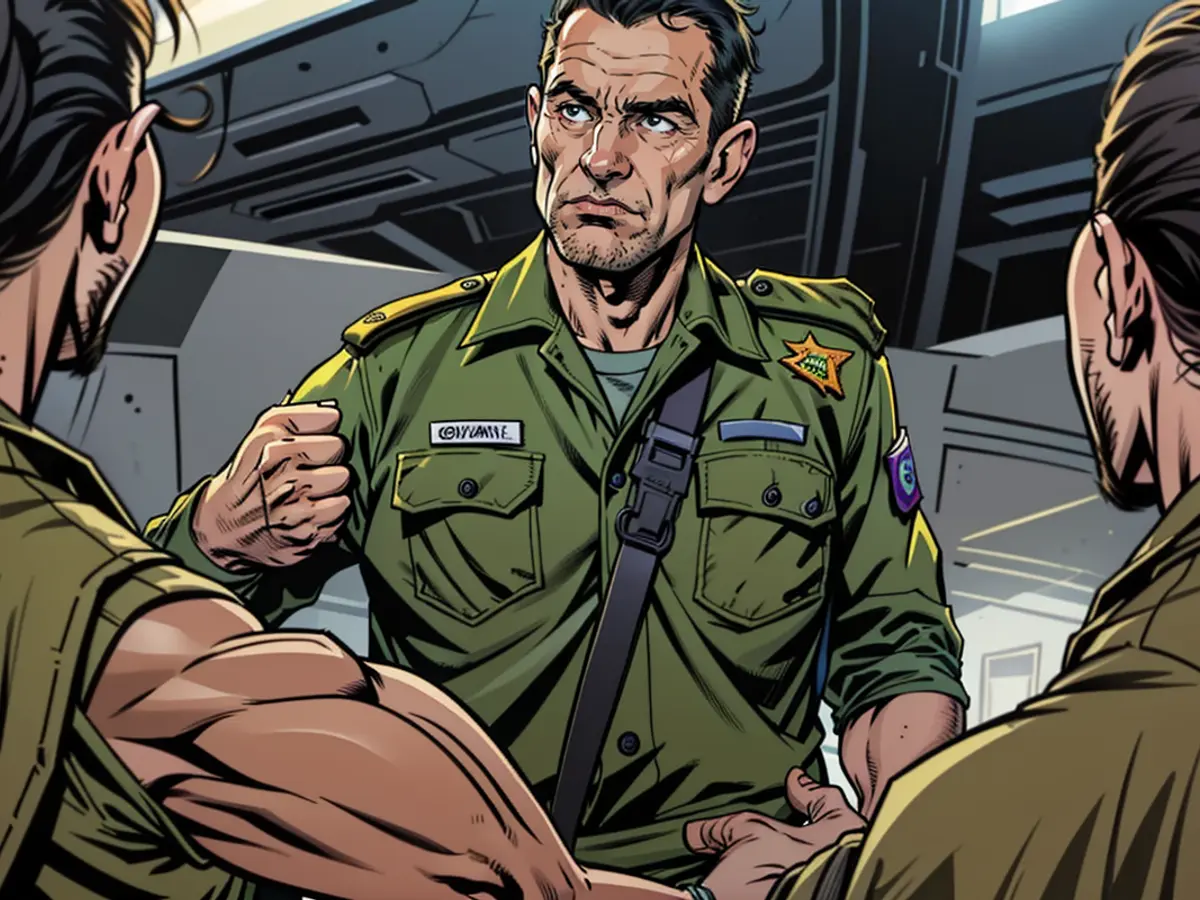Middle East - Israel's military: "Killed 900 terrorists in Rafah"
In their offensive in Rafah in the southern Gaza Strip, the Israeli military claims to have killed over 900 terrorists, according to their own reports. "Among them at least a battalion commander, many company commanders and numerous fighters," said Chief of Staff Herzi Halevi during a troops visit at the Kerem Shalom crossing on Tuesday. "We are now focusing on destroying the terrorist infrastructure, which takes time. It is a long operation, as we do not want to leave Rafah with an intact terrorist infrastructure."
In the next phase, the Israeli military will change their tactics, as Halevi announced. The goal is to wear down the enemy and complete the mission. "We need determination, patience, and endurance. The results will speak for themselves in the future," the Chief of Staff said.
Prime Minister Benjamin Netanyahu had previously hinted that the larger military formations of the Islamist Hamas in the southern Gaza Strip would be crushed soon. With that, the large-scale ground offensive in the sealed coastal strip could end. However, this would not necessarily mean an end to the military operation. Netanyahu and high-ranking military officials have already announced several times that Israeli troops would remain in strategic locations in the Gaza Strip after the phase of intense fighting.
- The Palestinian territories have expressed concerns over the ongoing conflicts in the Gaza Strip, with civilians often becoming collateral damage during the fights between the Israeli armed forces and the Hamas military.
- The Kerem Shalom crossing, an important point for delivering aid to the Gaza Strip, has remained operational despite the ongoing offensive, allowing essential supplies to enter the area.
- International organizations and human rights groups have called for a ceasefire in the Middle East, urging both sides to prioritize peace and diplomacy instead of engaging in further war and fighting.
- Benefitting from the lull in hostilities, the United Nations and other aid organizations have been working to repair and rebuild damaged infrastructure in the Gaza Strip, with a particular focus on schools and hospitals.
- Recognizing the importance of maintaining stability in the region, several neighboring countries, including Egypt, have supported the truce efforts, advising both Israel and the Gaza Strip's armed forces to refrain from provoking any further conflicts or offensives.
- Regardless of any potential ceasefire, political analysts suggest that the ongoing conflicts and tensions in the Palestinian territories and the Gaza Strip will remain a significant focus in discussions and strategies concerning the Middle East's geopolitical landscape.








